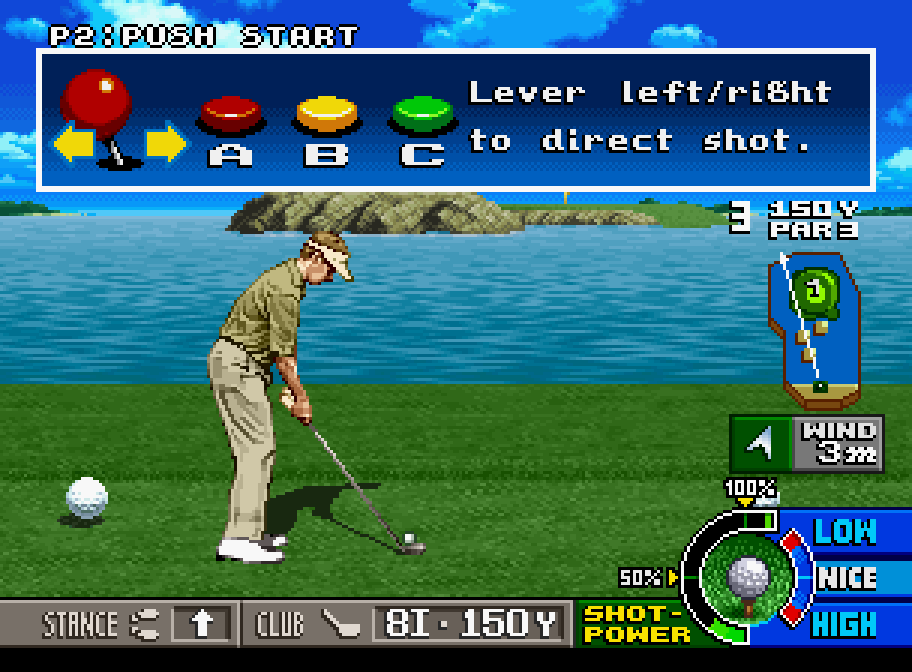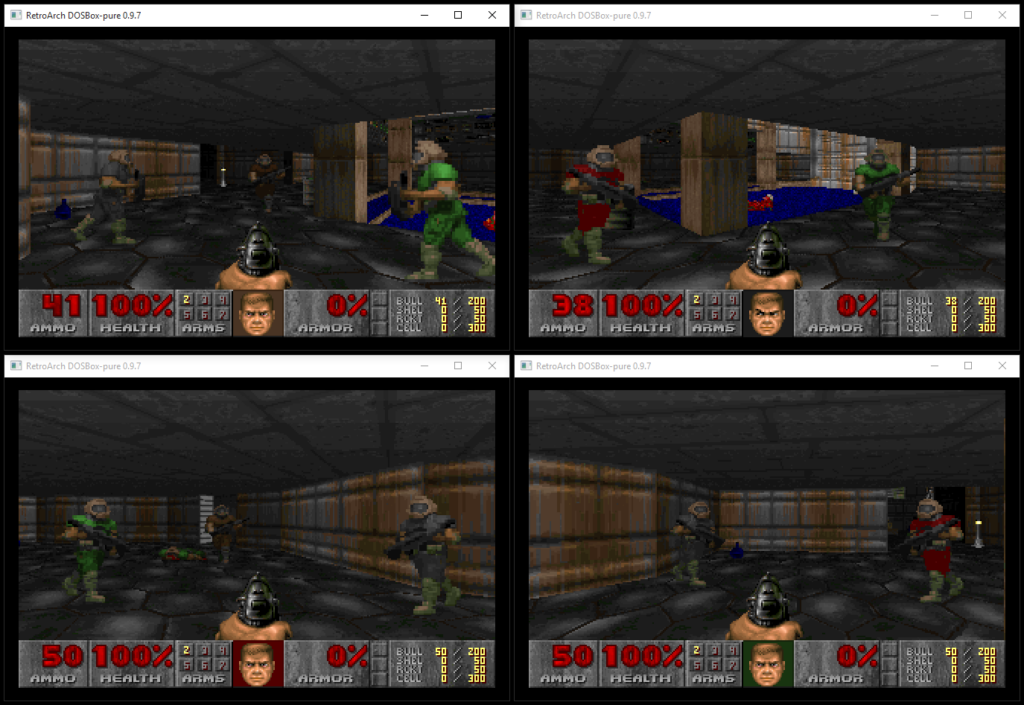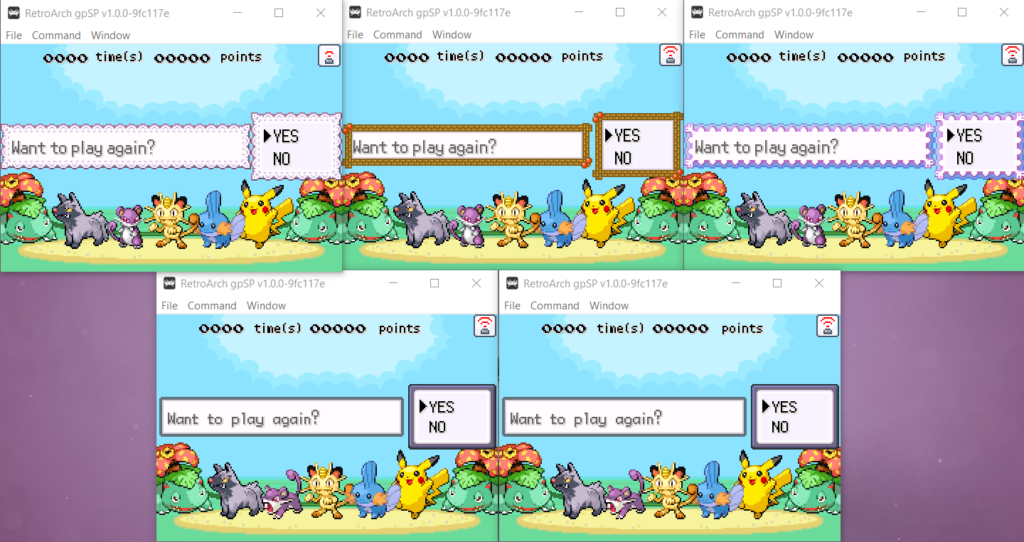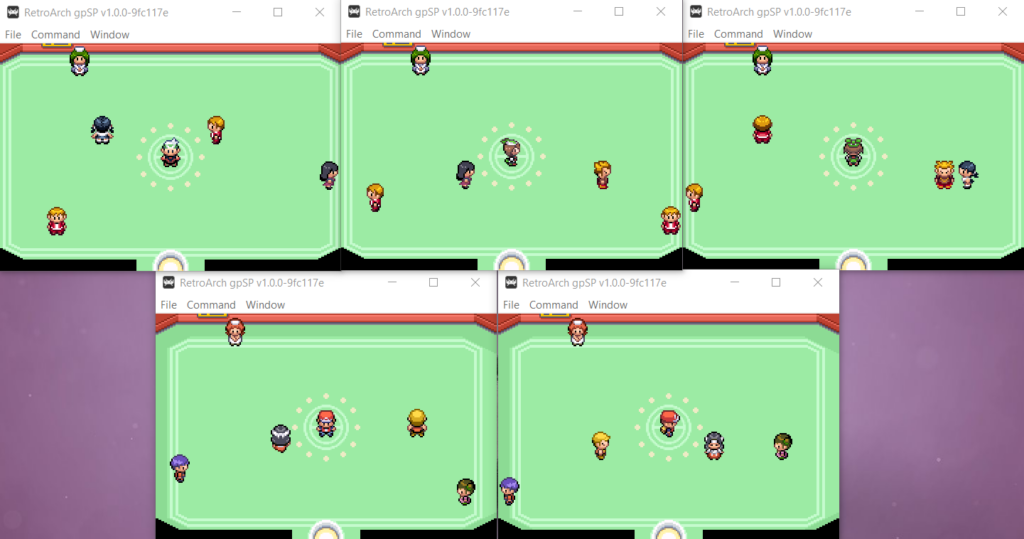
We have the pleasure of announcing a great new emulator core, the Neo Geo emulator Geolith. The upstream author of the Jolly Good Emulation project broke out this core and ported it to libretro to make it available to as many users as possible, and we’re happy to welcome it into the fold.
Historically, Neo Geo emulation has fallen under the general ‘arcade’ umbrella and has been handled very capably by FBNeo and MAME. However, arcade emulation is significantly more complex than the console emulation that most users are accustomed to (with ever-changing ROMsets consisting of many tiny files in strangely named zip files to keep up with; specific jargon, like “parent ROMs” and “non-merged sets”; and additional files that sometimes go alongside the game ROMs and sometimes need to live in other places), and this added complexity can be enough of a hurdle that some users struggle to have a good experience with all of the bells and whistles they have come to expect.
This is exactly where Geolith stands out, as it uses static, one-file-equals-one-game ROMsets in the .NEO format developed for the NeoSD, and also used by the FPGA-based MiSTer Neo Geo core (note: Geolith is NOT compatible with ROMs in the MAME/FBNeo zip format). So, if you have dumped your games to be compatible with those devices, they should benefit from full libretro database support and all that entails. That is, simple, one-click scan-and-import into a properly named playlist (with properly named games; you’ll see ‘Art of Fighting’ instead of ‘aof’ without any esoteric fiddling with DATs and so forth), with appropriate icons and boxart/thumbnails automatically applied. This separate, dedicated database and playlist makes it easier to find the games you want to play with less time devoted to setup.
Users who cleared the complexity hurdle of arcade emulation have grown accustomed to FBNeo’s tight and feature-filled libretro integration, which sets a very high bar for Neo Geo emulation by providing for a fast, accurate and bug-free experience with full support for some of RetroArch’s more finicky but high-value features, such as rollback-based netplay and runahead/preemptive-frames. Geolith’s author has put in the effort to provide a comparable, robust experience, so users don’t have to compromise when using this new core.
We’re still polishing up a few rough edges on the database (about 20% of games don’t pull thumbnails yet). Just make sure you stop by the online updater and update your core info files and databases before you get started, since Geolith uses some stuff that was added after RetroArch’s 1.17.0 stable release.
UPDATE: Geolith core is now available on Steam too!




